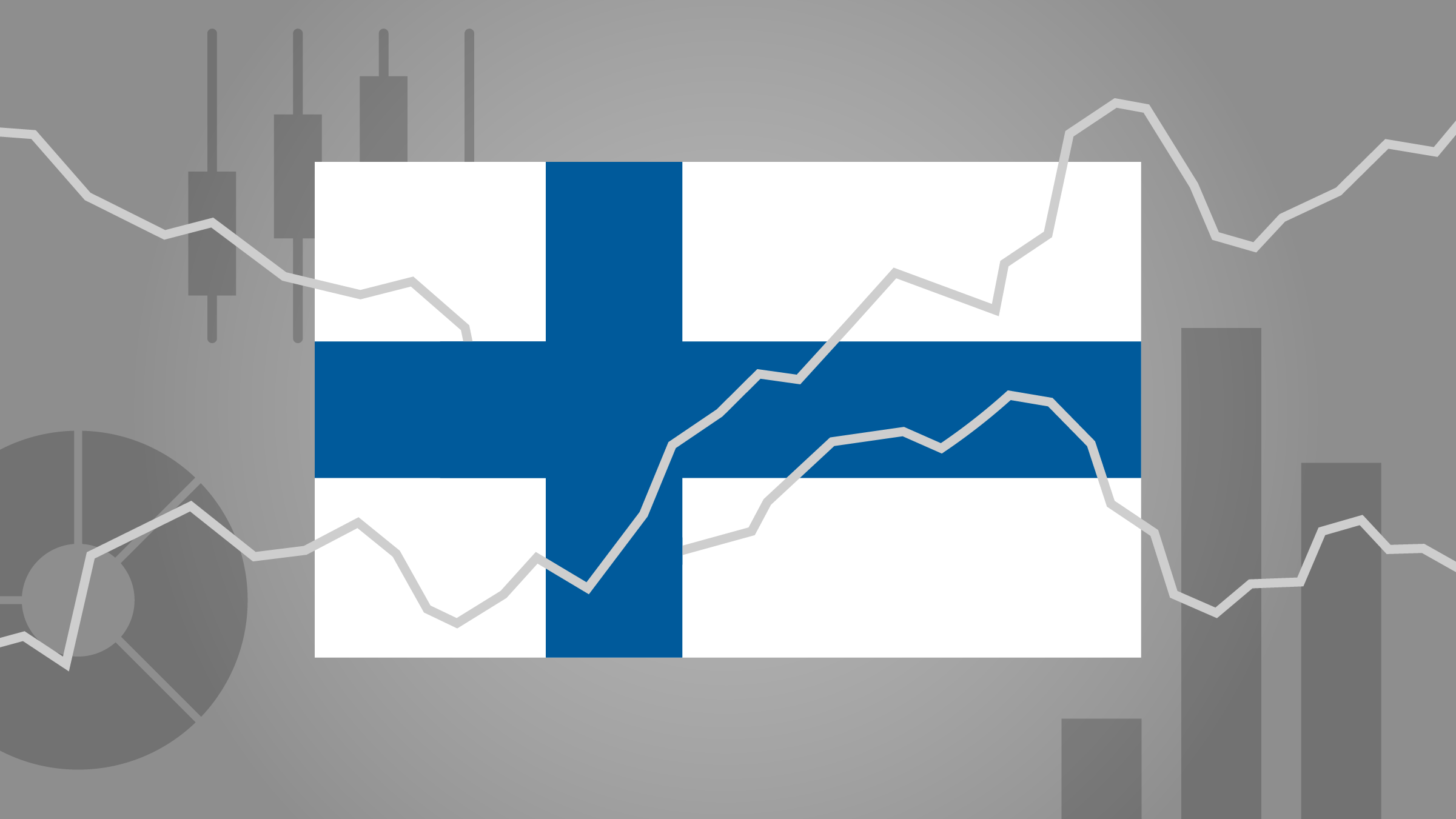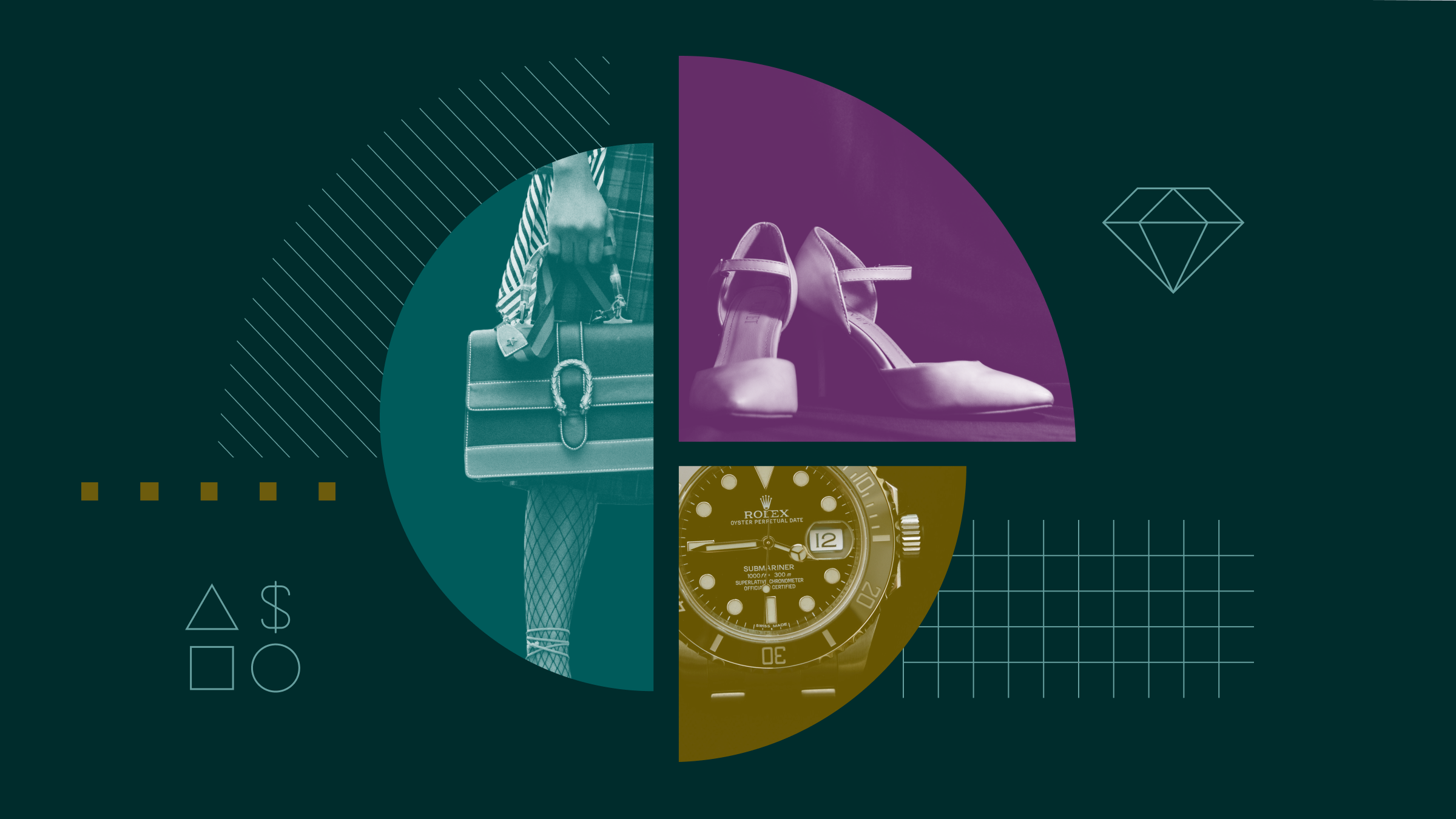Being invested in the market over the last year has been nothing short of a harrowing experience. Even experienced investors, like Clark Winslow of Winslow Capital Management, have quipped that we've had about two or three generations of experience in the last 12 to 18 months. Although the roots of the current recession can be traced back far before Lehman's collapse in September 2008, the former Wall Street titan's failure sent the market into a months-long panic.
Unsurprisingly, financial stocks were the focus of much of the selling. The US financial services sector dropped a staggering 33.22% in the fourth quarter of 2008, and then another 26.58% in the first quarter of 2009--the steepest declines among all sectors over those time periods.
Some of this fear was warranted. There was talk of bank nationalisations, loan delinquencies seemed to be rising faster than almost anyone had original expected, and a new administration was preparing to take the reins of power.
In response to these fears, the government aggressively pumped liquidity into the marketplace with TARP (Troubled Asset Relief Program) investments and a massive fiscal stimulus initiative among other programmes. These actions helped reduce the probability of the worst-case scenario, a repeat of the Great Depression. As investors stopped pricing in a doomsday scenario, the market began to perk up. In the second quarter of 2009 the US financial index was up 29%, and the share price spikes for firms that were once-considered on the brink, like Citigroup, were even more dramatic.
The turmoil in the financial sector spilled over into the real economy as well. The economy seized up as worried consumers shut their wallets, and firms of all stripes and sizes found themselves unable to access the credit markets. The stock market followed the economy with every US sector except for telecommunications posting double-digit losses in the fourth quarter of 2008. Sector-specific issues like falling oil prices and the specter of radical health-care reform also weighed heavily on share prices. It wasn't until March that the broader indexes began to pick up, leading to the current furious rally. All US sectors are in the black for 2009, and Hardware has even managed to turn positive over the last 12 months.
So what's next? The economy appears to have stabilised and some growth is even possible by the end of the year, but the longer-term outlook of noted investors such as TWC's Jeffrey Gundlach and PIMCO's Mohamed El-Erian is mixed at best. Following a strong run, Morningstar equity analysts believe the US market is currently fairly valued, but given the remaining uncertainty around the recovery's path and duration, more big market volatility is not out of the question. Though we'd like calmer seas in the next 12 months, we can at least hope that the last 12 have given us--if nothing else--sturdier sea legs.
















